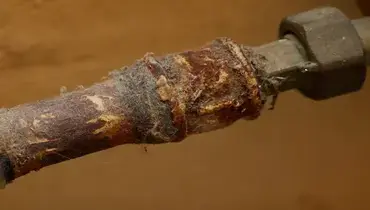Many first-time homeowners face unexpected challenges, especially in the older homes in Cowlitz County.
Learn moreOur Longview Plumbing Blog
Shared Resources for Your Home Needs
All Blogs
Apr 29 2025
Apr 09 2025
Living in Longview, Washington, has its perks – beautiful surroundings, a tight-knit community, and charming neighborhoods.
Learn more
Aug 03 2015
Most homes have their original plumbing systems. While plumbing pipes are designed to last for decades, those decades of use can s
Learn moreLet Us Call You
About Mr. Rooter Plumbing

Since the original Mr. Rooter was founded in 1970, the company has remained committed to a set of core values that are rooted in performing quality work at honest prices. Nearly half a century later, the original Mr. Rooter business is still servicing homes and businesses in and around Oklahoma City. It’s still independently owned and operated with strong ties to the community that made it all possible.
